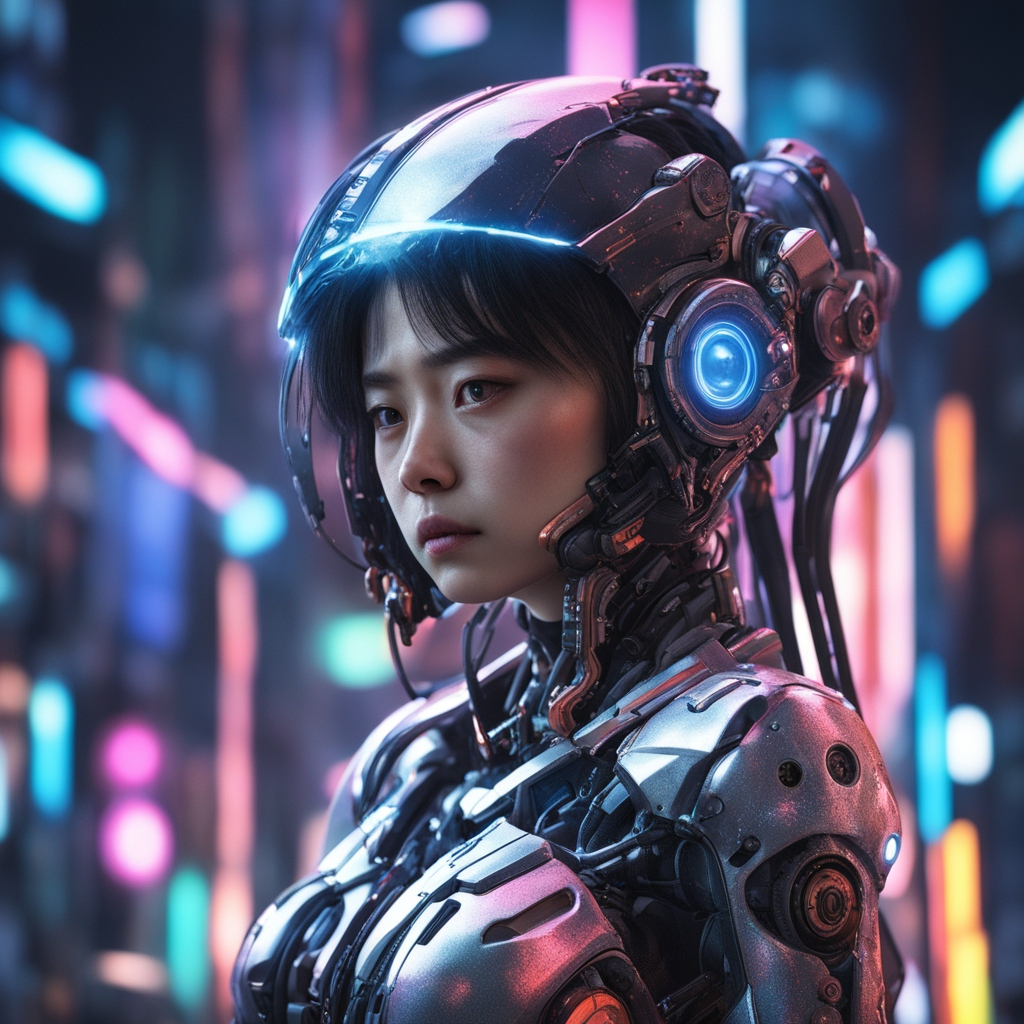Artificial Intelligence (AI) has become increasingly integrated into various aspects of daily life, offering convenience, efficiency, and new possibilities. Here are some common AI applications in daily life:
- Voice Assistants: Virtual assistants like Siri, Google Assistant, and Amazon Alexa use AI to understand and respond to natural language commands, helping with tasks like setting reminders, playing music, and answering questions.
- Smart Home Devices: AI powers smart home devices, such as thermostats, security cameras, and lighting systems, to learn user preferences and adapt to routines for energy efficiency and security.
- Recommendation Systems: Services like Netflix, Spotify, and Amazon use AI algorithms to analyze user preferences and behavior, providing personalized recommendations for movies, music, products, and more.
- Social Media: AI algorithms on platforms like Facebook and Instagram use machine learning to personalize content feeds, detect and filter inappropriate content, and offer targeted advertisements based on user behavior.
- Navigation Apps: Navigation apps like Google Maps use AI for real-time traffic prediction, route optimization, and providing accurate arrival time estimates.
- Language Translation: AI-powered translation services, like Google Translate, use natural language processing to translate text and speech between different languages.
- Email Filtering: AI algorithms help filter spam and organize emails based on relevance in email platforms, improving the overall efficiency of communication.
- Healthcare: AI is used in medical imaging for tasks like diagnosing diseases from scans, predicting patient outcomes, and identifying potential drug candidates through data analysis.
- Financial Services: AI is employed for fraud detection, credit scoring, algorithmic trading, and customer service in the financial industry.
- Education: AI applications in education include personalized learning platforms, automated grading systems, and virtual tutors, helping tailor education to individual student needs.
- Entertainment: Video games often use AI for non-player character behavior, creating dynamic and responsive gaming experiences.
- Customer Service: Chatbots and virtual assistants are used to provide instant customer support on websites, addressing common queries and guiding users through various processes.
- Autonomous Vehicles: AI technologies are integral to self-driving cars, enabling them to perceive their environment, make decisions, and navigate safely.
- Shopping: AI is used for virtual shopping assistants, personalized shopping recommendations, and in cashier-less stores where customers can grab items and leave without going through a traditional checkout process.
- Job Recruitment: AI is utilized in resume screening, candidate matching, and interview scheduling to streamline the recruitment process.
AI has transformative potential, but the idea of making a person “superhuman” involves a complex interplay of technological advancements and ethical considerations. Here’s an exploration of how AI intersects with augmenting human capabilities:

Cognitive Enhancement:
- Brain-Computer Interfaces (BCIs): BCIs powered by AI could enhance cognitive abilities, enabling faster learning, improved memory, or even direct brain-to-computer interactions.
- Personalized Learning: AI-driven adaptive learning platforms can customize educational content, catering to individual learning styles, thus accelerating knowledge acquisition.
Physical Augmentation:
- Prosthetics and Exoskeletons: AI-enhanced prosthetics and exoskeletons can restore or augment physical abilities. Some advanced prosthetics can adapt to neural signals, offering near-natural movement.
- Enhanced Senses: AI-driven sensors or implants could heighten sensory perception, allowing individuals to perceive beyond normal human capacities, such as infrared vision or ultrasonic hearing.
Health and Longevity:
- Precision Medicine: AI analyzes vast datasets to predict diseases and personalize treatment plans, potentially extending human lifespan by identifying health risks earlier.
- Biotechnology and Regenerative Medicine: AI aids in developing therapies for tissue regeneration, organ printing, and genetic editing, revolutionizing healthcare and longevity.
Ethical Considerations:
- Equality and Accessibility: Access to such augmentations raises concerns about equitable distribution and accessibility, potentially exacerbating societal disparities.
- Privacy and Autonomy: Augmentations involving AI may intrude on personal privacy and raise questions about autonomy and consent.
Limitations and Challenges:
- Ethical Boundaries: Determining ethical limits on augmentation becomes crucial to prevent misuse or unintended consequences.
- Dependency and Vulnerabilities: Relying excessively on AI augmentations could create dependency and vulnerabilities, especially if the technology fails or is compromised.
The Vision Ahead:
The concept of making individuals “superhuman” through AI raises profound ethical, social, and philosophical questions. Balancing the potential for enhancement with ethical implications remains a critical challenge. The future of AI augmentation will likely evolve through careful consideration, regulatory frameworks, and ethical guidelines to ensure responsible and equitable development.
As AI continues to advance, its potential to enhance human capabilities is both promising and complex. Striking a balance between technological advancement and ethical considerations will be pivotal in navigating this transformative journey toward augmenting human potential.
Also check our other posts:
EV Scoter vs. Petrol.Is Elctric Scooter Better Than Petrol? (infonextgen.com)
Holographic image, Inventive Future of Hologram in real life (infonextgen.com)
